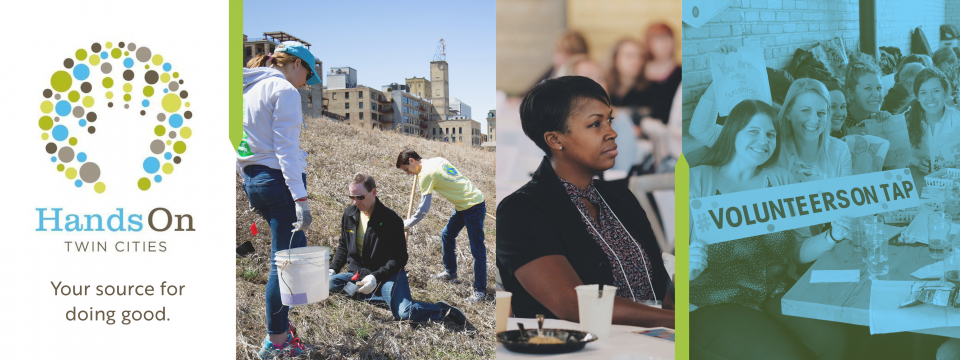- Volunteers will answer calls/chat in specific timeframes (for example, one volunteer’s “on call” schedule might be Tuesdays from 7 to 11 p.m. and/or Saturdays from 12 to 4 p.m.). The call center will be “open” based on volunteer availability – so you can pick your best times to volunteer.
- Bellis will use equipment/software (iCarol) to route calls, keep your personal info safe, and adjust availability/schedules.
- Mandatory training will be offered on Saturday, Feb. 25, from 9 a.m. to 4 p.m., at the Bellis office in Minneapolis. Online and video participation options won’t be available for this initial training. If you can’t attend, please watch for future opportunities.
- A handbook will be provided to volunteers, with referral resources including a suicide hotline for calls that are more “crisis” than conversation.
- Do you have personal experience (yourself or a close family member) with substance use disorders, incarceration, child protection services, mental health challenges, termination or transfer of parental rights (by choice or not), or foster care? If so, would these experiences allow you to be empathetic to a caller or could they activate painful feelings for you?
- Are you comfortable offering judgment-free, empathic listening, without giving advice or trying to fix problems?
- Are you able to create healthy boundaries, such as limiting your volunteer time to set timeframes, and not offering additional personal support (such as inviting a caller to your church or driving her to an appointment)?
- Do you keep private information in confidence when required?


